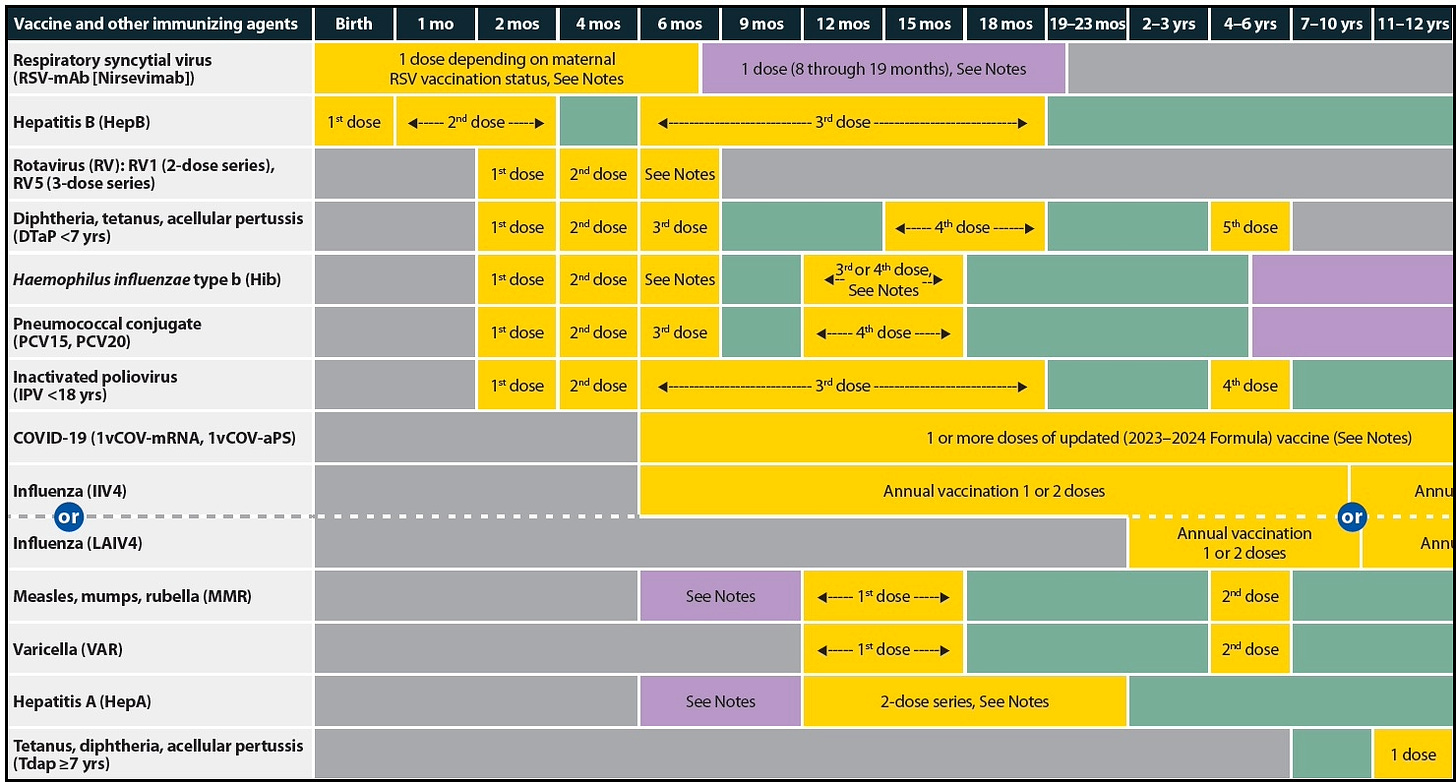Do the Tetanus Vaccines Used in the U.S. Stop Infection and Transmission of the Tetanus Bacterium?
Your bite-size dose of immunity against vaccine misinformation. Spread the truth.
Do the tetanus vaccines used in the United States stop infection and transmission of the tetanus bacterium?
“Yes” or “No”?
When picking an answer, keep in mind that the tetanus vaccine is part of a combination vaccine (DTap or Tdap) mandated to attend grades K-12 in every U.S. state – it is the “T” in DTaP or Tdap – and the justification for this rights-crushing mandate is the belief by some that the vaccine prevents transmission of tetanus in the school setting.
(Answer below...)
The answer is “No” for two reasons.
First, as explained by the CDC, “Tetanus ... does not spread from person to person.” Thus, a vaccine cannot prevent transmission of something that is not transmitted person to person.
Second, it is a toxoid vaccine, which means each vaccine vial contains antigens to a toxin sometimes released by the tetanus bacterium but does not include any antigens to the tetanus bacterium itself. This means that it does not create any immunity to the tetanus bacterium and, at best, may create some level of immunity to a toxin this bacterium sometimes releases.
In any event, any immunity from the tetanus vaccine wanes rapidly -- even after six doses in childhood! -- which is why the CDC recommends revaccination every 10 years during adulthood. (It is also noteworthy that according to the CDC, at least 37% of adults do not follow this schedule.)
Screenshots of the relevant portions of the CDC website linked above (in case they change):








I engaged a new doctor last year, as I FIRED the prior one due to his antics and the Covid "standards" that he espoused. The new office is affiliated with one of the large regional 'systems' and comes with all the trappings. As part of my 'welcome package' and related visit, the nurse noted that she could not see a recent Tetanus shot on my chart. With the flair of a fast food worker adding fries to my order, she casually said she would just give me one.
Ah..... NO, was my reply.
I asked her what my actual 'real world risk' of a Tetanus infection was, in the next 6 months.
No reply from her. And that was the end of it.
So I did a little digging. It turns out that the bacteria lives in and can only be transferred to you via actual dirt. As in, soil, earth, loam or perhaps compost AND only to an open wound, in general. I think you get the idea here.
To further ponder my potential risk, I checked my state for actual confirmed infections which were less than a dozen. That's correct; 12 +/- infections in a state with 12+ MILLION people. A lot of whom do farming--hence, dirt work--and seem to avoid death.
I don't generally work in real "dirt" nor would I do it with open wounds. But I'm confident I won't die from it now.
Your milage may vary. But see for yourself. And keep DIGGING! Bury them in piles of truth.
https://ourworldindata.org/tetanus#all-charts
FUN FACT: There are currently no blood tests for diagnosing tetanus. The diagnosis is based on the presentation of tetanus symptoms, and does not depend upon isolation of the bacterium, which is recovered from the wound in only 30% of cases, and can also be isolated from people who do not have tetanus. Laboratory identification of C. tetani can be demonstrated only by production of tetanospasmin in mice. Diagnosis is primarily by the clinical symptoms (above). The wound may not be obvious. Furthermore, C tetani is recovered from only one-third of all implicated wounds.
https://www.cdc.gov/vaccines/pubs/pinkbook/tetanus.html